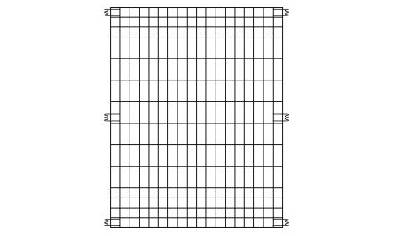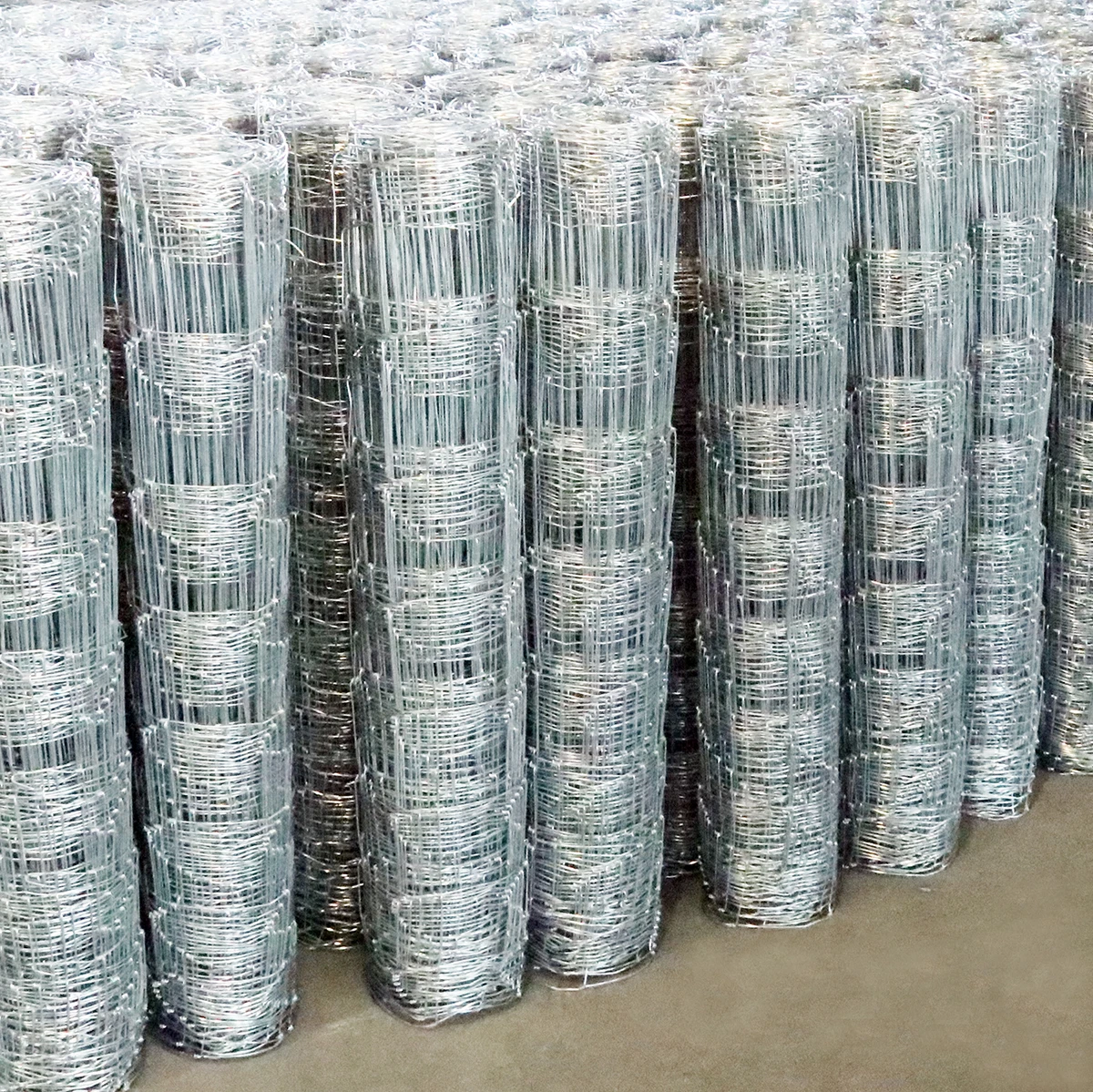Understanding the Function and Benefits of Trailer Coil Springs for Enhanced Vehicle Performance
Aug . 01, 2024 02:44
Understanding Trailer Coil Springs Essential Components for Optimal Performance
When it comes to ensuring the stability and performance of trailers, one crucial component often overlooked is the coil spring. Acting as a vital part of the suspension system, trailer coil springs play a significant role in enhancing ride quality, load capacity, and safety while towing. This article aims to provide a comprehensive understanding of trailer coil springs, their functions, types, and maintenance.
What are Trailer Coil Springs?
Trailer coil springs are helical springs that absorb shocks and vibrations during the trailer's movement. Unlike leaf springs, which have been traditionally used in various types of trailers, coil springs offer better load distribution and flexibility. Their design allows them to expand and compress, accommodating changes in weight and road conditions, which contributes significantly to the overall stability of the trailer.
Functions of Trailer Coil Springs
1. Shock Absorption The primary function of coil springs is to absorb shocks caused by bumps and irregularities on the road. This feature reduces the impact transmitted to the trailer and its cargo, ensuring a smoother ride.
2. Load Support Coil springs are engineered to support the weight of the trailer and its load. They can handle various loads, making them suitable for different trailer types, including utility, cargo, and recreational trailers.
3. Improved Handling By providing better suspension characteristics, coil springs enhance the handling of the trailer. This results in increased maneuverability, making it easier to turn and control the trailer while driving.
4. Height Adjustability Many coil spring systems allow for height adjustments, providing flexibility in setting the trailer's stance for optimal towing performance.
Types of Trailer Coil Springs
There are primarily two types of trailer coil springs conventional coil springs and progressive coil springs
.trailer coil springs

- Conventional Coil Springs These springs have a consistent diameter along their length and provide a uniform spring rate. They are ideal for applications with static loads but may not offer the best performance for dynamic or varying loads.
- Progressive Coil Springs These springs feature a varying diameter, which allows them to compress at different rates. This design provides a stiffer response under high loads and a softer feel when carrying lighter loads, making them versatile for various towing conditions.
Maintenance of Trailer Coil Springs
Regular maintenance of trailer coil springs is essential to ensure their longevity and performance. Below are key maintenance tips
1. Inspection Regularly inspect the coil springs for signs of wear, such as cracks, rust, or deformation. Look for any signs that may indicate the springs are nearing the end of their lifespan.
2. Cleaning Keep the springs clean from dirt and road debris. Accumulated grime can lead to corrosion, ultimately affecting the spring’s performance.
3. Lubrication Some coil spring systems may benefit from lubrication. Check the manufacturer’s guidelines for specific recommendations.
4. Weight Distribution Ensure that the load is evenly distributed on the trailer. An uneven load can put extra strain on the coil springs, leading to premature failure.
Conclusion
In summary, trailer coil springs are essential for any trailer's suspension system, influencing ride quality, load capacity, and overall safety. Understanding the functions and types of coil springs and adhering to proper maintenance practices can significantly enhance your towing experience. By investing in quality coil springs and ensuring they are well-maintained, you can enjoy a smoother, safer ride on your adventures.









 Unity
Unity Creation
Creation Challenge
Challenge Contribution
Contribution










